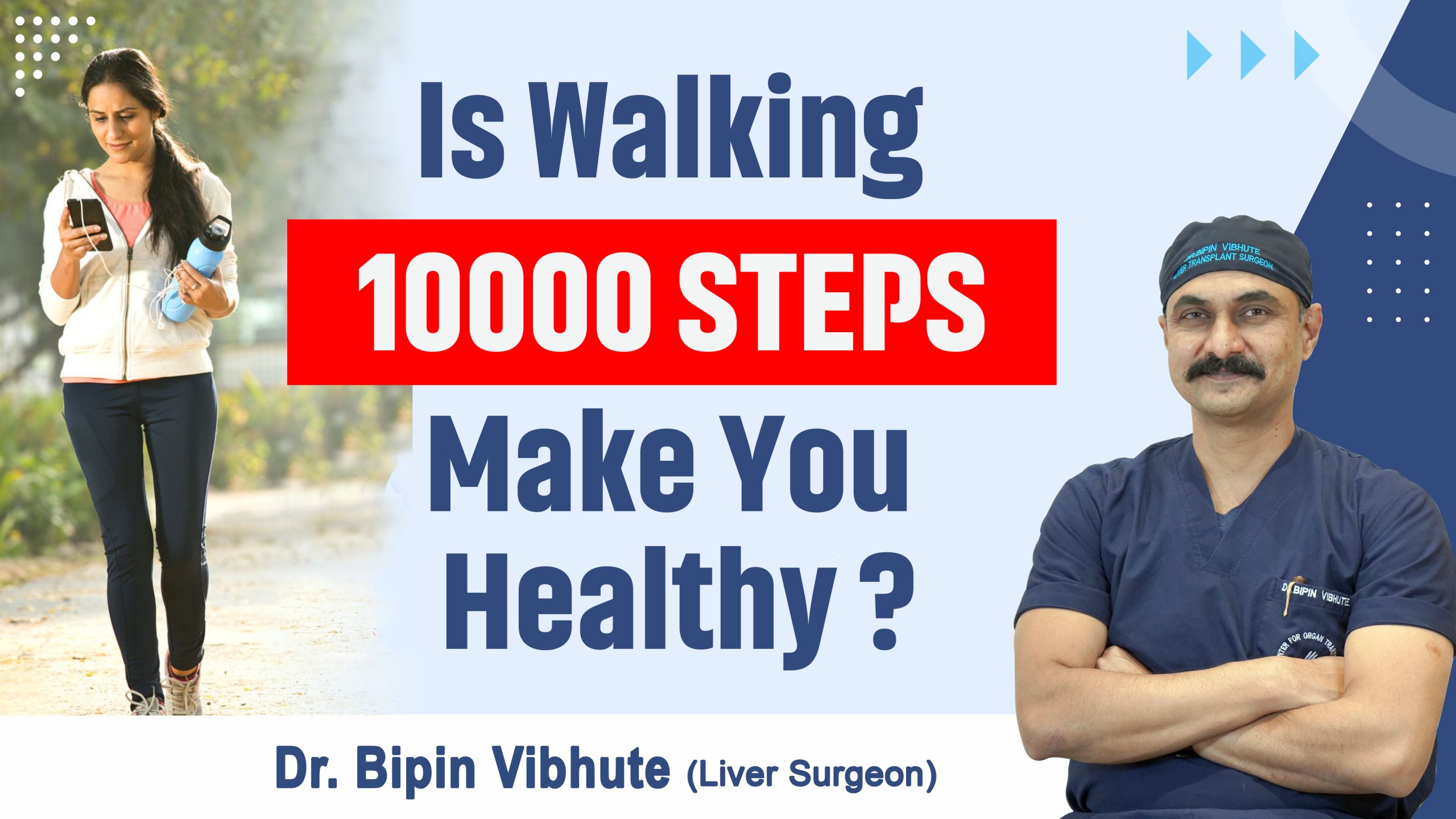Pravin Patole (Transplant Year: 2021)
Treatment : Liver Transplant
Saket Khadakkar (Transplant Year: 2021)
Treatment : Liver Transplant
Pravin Patole (Transplant Year: 2021)
Treatment : Liver Transplant
Saket Khadakkar (Transplant Year: 2021)
Treatment : Liver Transplant
Pravin Patole (Transplant Year: 2021)
Treatment : Liver Transplant
Saket Khadakkar (Transplant Year: 2021)
Treatment : Liver Transplant
Error: Contact form not found.

Nowadays “SMART-WATCHES”, “FIT-BIT”, “SMART-BANDS” are in everyone’s wrist, whether it is a corporate employees or an ordinary child going to school. Because we have been told that by walking 10000 steps we can be completely healthy; But what is the secret behind this ten thousand steps; Does Medical Science / Or any research tells that if you follow these exact steps, you will be healthy; then NO !!!
These ten thousand steps is actually a MARKETING CAMPAIGN / or what we call ADVERTISMENT. During the TOKYO OLYMPICS in 1964, a Japanese company YAMASA CLOCK produced a PEDOMETER (step counting device) for the sale of which they needed a simple, short word, message to the people to advertise them.
So they choose this for their ADVERTISMENT CAMPAIGN of their device / PEDOMETER which could pass 10000 steps because during that time JAPANESE people were suffering from HEART related diseases and overall their health was getting worse so walking was good option for their health. That is why this instrument is called “MANPO – KEI ” meaning “man” meaning 10,000, “po” meaning steps, and “kei” meaning meter.
We humans get MOTIVATION / inspiration even when we have a goal in front of us, otherwise what would be the fun in doing something with full enthusiasm, isn’t it?
Let’s understand where this step race is taking you on the path of your health –
Scientists & Doctors do not agree with this 10000 steps famous health industry slogan, they believe if you just walk for 2 to 3 thousand steps a day only then your body gets complete benefits. HIPPOCRATES who was a great Greek Physician said: ” WALKING IS MAN’S BEST MEDICINE “
So Stay Fit, Stay Healthy !!
Recent Comments